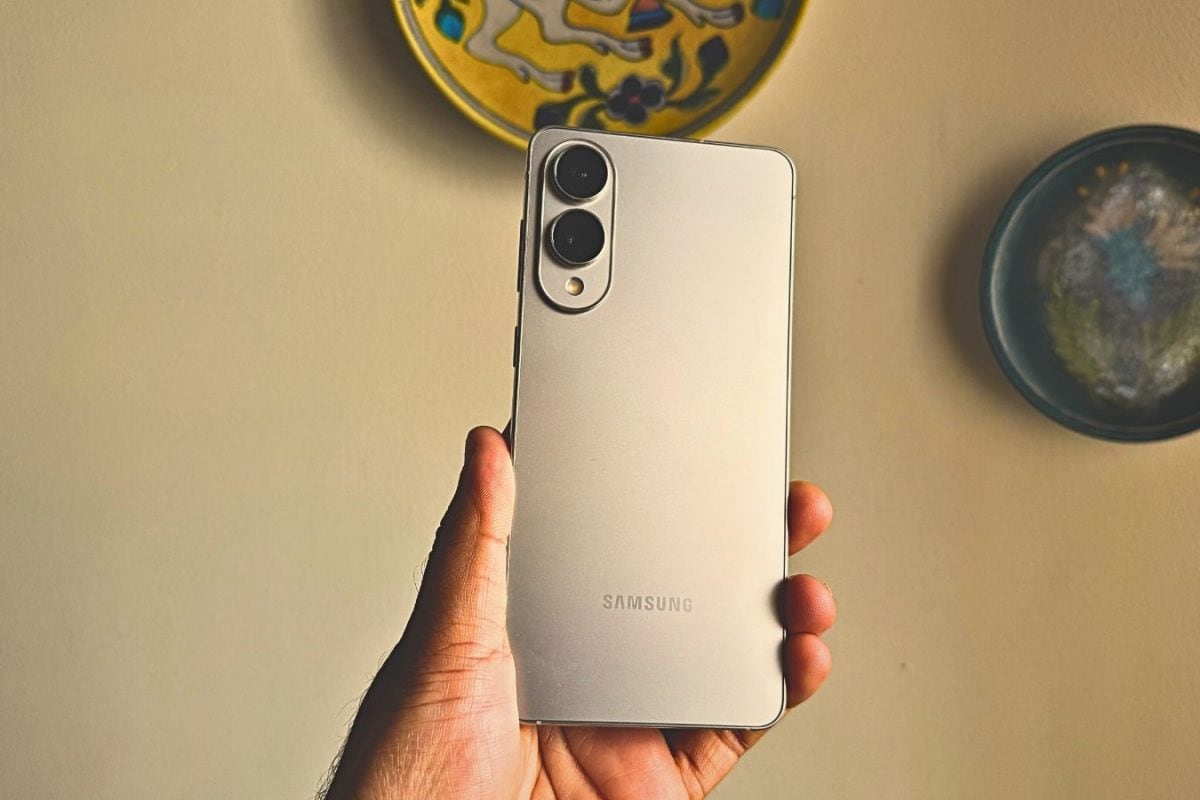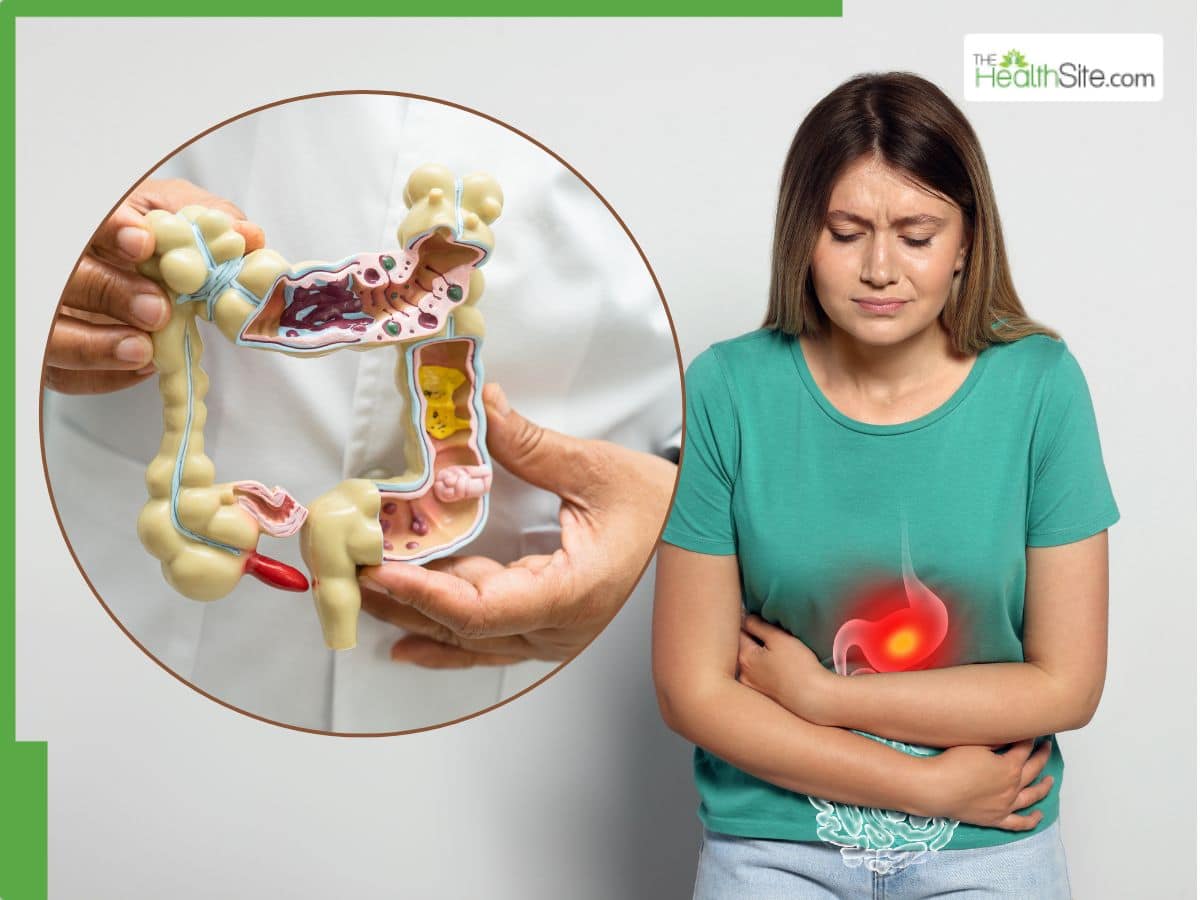COVID-19 cases surge in Singapore, India: What is JN.1 variant? Check symptoms, preventions
With the rise of COVID-19 cases in Asia, especially in Singapore, Hong Kong, China, and Thailand, health authorities are monitoring the JN.1 variant.According to Johns Hopkins Bloomberg School of Public Health, “A SARS-CoV-2 variant called BA.2.86 emerged a few months ago and caught virologists’ attention because it contains many more mutations—about 30 of them—to evade immunity than any other variant circulating at that time.”“However, the BA.2.86 variant never came to dominate among the group of SARS-CoV-2 variants that were circulating in the late summer/early fall of 2023. The JN.1 variant is a descendant of BA.2.86 that has acquired the ability to transmit efficiently through an additional one or two mutations. It has the immune evasion of its parent but has now mutated to transmit more efficiently,” they added.Meanwhile, a fresh wave of CoronaVirus cases can be seen in India with over 200 cases reported so far.However, the Union Health Ministry said on Monday that the COVID-19 situation in India remains 'under control'.COVID-19 cases in Singapore surgingThe head of the Communicable Disease Branch of the Hong Kong Centre for Health Protection, Albert Au, said that the virus activity is “quite high” while addressing the local media this week.The estimated number of COVID-19 cases rose to 14,200 in the week of Apr 27 to May 3, up from 11,100 cases in the previous week, according to a Singapore-based news channel.According to official data, serious cases, including deaths due to COVID-19, also rose to 31 in the week that ended on May 3, the highest level in about a year.JN.1 symptomsThe symptoms include sore throat, cough, fever, fatigue and a runny nose. In some cases, people may experience conjunctivitis, diarrhoea, or mild stomach issues.According to Johns Hopkins’ research, the period of infectiousness for JN.1 is very similar to that of the other omicron variants that have been circulating over the past year.“You are contagious one to two days before your symptoms begin, and you are still contagious for at least two to three days after your symptoms begin, though some people can continue to have the detectable live virus for up to a week after symptom onset. After exposure, it may take five days or more before you begin to develop symptoms,” they said.Health risksOlder adults, individuals with weakened immune systems, and those with chronic health conditions remain at a higher risk of developing complications. Children and unvaccinated individuals may also be more vulnerable, particularly if community transmission continues.PreventionWearing masks in crowded areas, improving indoor ventilation, washing hands frequently, and avoiding close contact with others when feeling unwell. Staying informed about the latest health guidelines is also crucial.


With the rise of COVID-19 cases in Asia, especially in Singapore, Hong Kong, China, and Thailand, health authorities are monitoring the JN.1 variant.
According to Johns Hopkins Bloomberg School of Public Health, “A SARS-CoV-2 variant called BA.2.86 emerged a few months ago and caught virologists’ attention because it contains many more mutations—about 30 of them—to evade immunity than any other variant circulating at that time.”
“However, the BA.2.86 variant never came to dominate among the group of SARS-CoV-2 variants that were circulating in the late summer/early fall of 2023. The JN.1 variant is a descendant of BA.2.86 that has acquired the ability to transmit efficiently through an additional one or two mutations. It has the immune evasion of its parent but has now mutated to transmit more efficiently,” they added.
Meanwhile, a fresh wave of CoronaVirus cases can be seen in India with over 200 cases reported so far.
However, the Union Health Ministry said on Monday that the COVID-19 situation in India remains 'under control'.
COVID-19 cases in Singapore surging
The head of the Communicable Disease Branch of the Hong Kong Centre for Health Protection, Albert Au, said that the virus activity is “quite high” while addressing the local media this week.
The estimated number of COVID-19 cases rose to 14,200 in the week of Apr 27 to May 3, up from 11,100 cases in the previous week, according to a Singapore-based news channel.
According to official data, serious cases, including deaths due to COVID-19, also rose to 31 in the week that ended on May 3, the highest level in about a year.
JN.1 symptoms
The symptoms include sore throat, cough, fever, fatigue and a runny nose. In some cases, people may experience conjunctivitis, diarrhoea, or mild stomach issues.
According to Johns Hopkins’ research, the period of infectiousness for JN.1 is very similar to that of the other omicron variants that have been circulating over the past year.
“You are contagious one to two days before your symptoms begin, and you are still contagious for at least two to three days after your symptoms begin, though some people can continue to have the detectable live virus for up to a week after symptom onset. After exposure, it may take five days or more before you begin to develop symptoms,” they said.
Health risks
Older adults, individuals with weakened immune systems, and those with chronic health conditions remain at a higher risk of developing complications. Children and unvaccinated individuals may also be more vulnerable, particularly if community transmission continues.
Prevention
Wearing masks in crowded areas, improving indoor ventilation, washing hands frequently, and avoiding close contact with others when feeling unwell. Staying informed about the latest health guidelines is also crucial.
What's Your Reaction?



































































